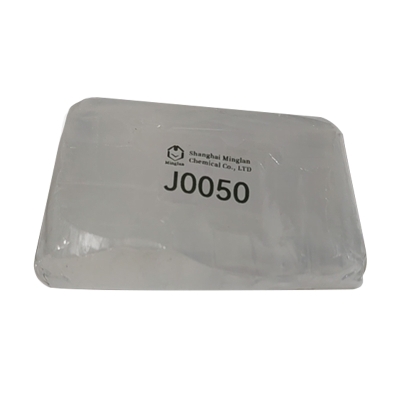-
Categories
-
Pharmaceutical Intermediates
-
Active Pharmaceutical Ingredients
-
Food Additives
- Industrial Coatings
- Agrochemicals
- Dyes and Pigments
- Surfactant
- Flavors and Fragrances
- Chemical Reagents
- Catalyst and Auxiliary
- Natural Products
- Inorganic Chemistry
-
Organic Chemistry
-
Biochemical Engineering
- Analytical Chemistry
-
Cosmetic Ingredient
- Water Treatment Chemical
-
Pharmaceutical Intermediates
Promotion
ECHEMI Mall
Wholesale
Weekly Price
Exhibition
News
-
Trade Service
On March 1, energy investors continued to pay attention to the situation in Eastern Europe, while Western countries imposed more sanctions on Russia, its main energy producer, causing energy supply concerns, crude oil futures closed sharply higher, Brent crude oil price more than $
100.
West Texas Intermediate for April delivery on the New York Mercantile Exchange settled at $95.
72 a barrel, up $4.
13, or 4.
5 percent
.
Data from Dow Jones Market Data showed that front-month contract prices reached their highest level since August 2014, rising 8.
6%
for the month.
Brent crude rose $3.
06, or 3.
1 percent
, to $100.
99 a barrel in April, the global benchmark.
The contract expired at the end of the trading day and settled at its highest level since September 2014, up 10.
7 percent
for the month.
The more actively traded May futures contract rose $3.
85, or 4.
1 percent
, to $97.
97 a barrel.
Natural gas fell 1.
5% to $4.
402/MMBtu in April, compared with a 9.
7%
decline in February.
Gasoline rose 1.
50 percent to $2.
797 a gallon in March, up 9.
5 percent for the month, and heating oil rose about 5.
8 percent in March to $3.
013 a gallon, up 9.
2 percent
for the month.
The report quoted European and Persian Gulf officials as saying IEA members could agree as early as Monday or Tuesday to develop their national strategic oil reserves
.
The IEA is headquartered in Paris and its member states include most industrialized countries
.
The Wall Street Journal reported that this would include 40 million barrels of oil from the United States
Over the weekend, the United States, the European Union and the United Kingdom said they would ban some Russian banks from using the SWIFT information system, making it harder
for those countries to buy Russian oil.
Since then, oil prices have soared
.
Matthew Parry, long-term head of analysis at Energy Aspects, said: "Geopolitical risks will remain high for some time
.
As the conflict expands, so do Western sanctions
.
The average price of Brent crude oil will reach $
101 this year.
The U.
S.
Treasury Department said Monday it would ban any transactions
with the Central Bank of the Russian Federation, Russia's National Wealth Fund and the Russian Treasury.
Goldman Sachs analysts said, "The obstacles these sanctions will pose to financial payments may exacerbate Russia's recent commodity supply shock, which has become apparent
as Western and Chinese traders stop shipping.
" Goldman Sachs analysts raised their one-month price forecast for Brent to $115 from $95, saying it would take up to 4 million barrels of demand destruction to offset losses from Russian exports
.
Analysts also said OPEC could respond
.
"The more Russia is excluded from the global economy and pushes the core OPEC, Iran and the West closer together, the more likely such an outcome is possible, but it will still lead to higher oil prices
at the cost of a complete depletion of spare capacity in the global oil market," they said.
OPEC and its ally OPEC+ will meet on Wednesday to decide on
the level of oil production in April.
Elsewhere, BP said it would write down $25 billion and divest its stake in Rosneft, while Equinor said it would end its joint venture
in Russia.







